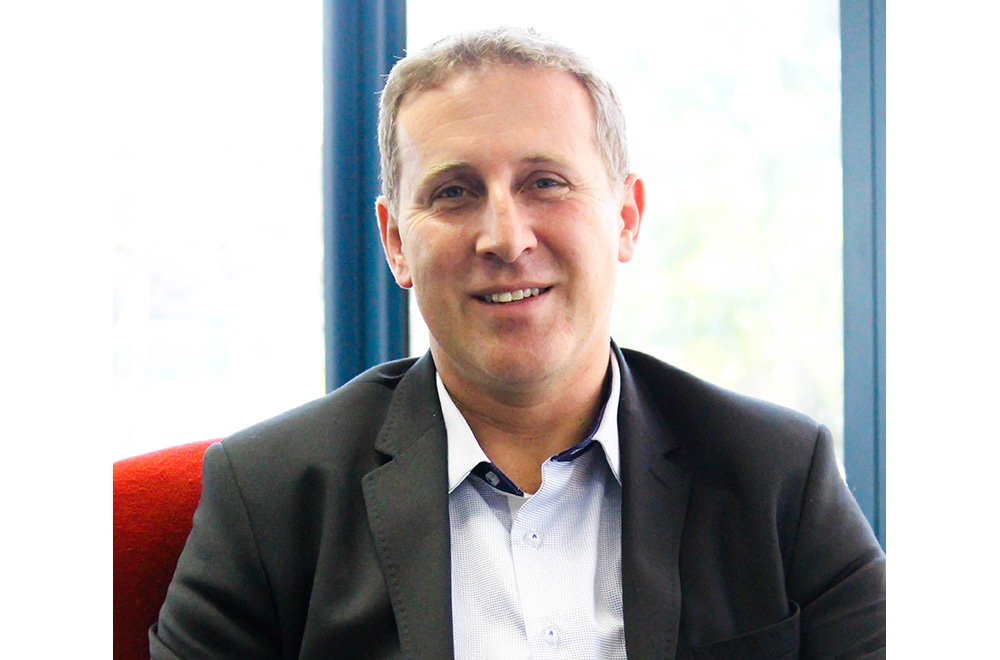Kenya and South Africa are leading the peer-to-peer (P2P) business lending market in Africa. However, 90% of online alternative finance originated from platforms headquartered outside of Africa, evidencing the potential for home-grown platforms.
This is according to the recently published ‘Africa and Middle East Alternative Finance Benchmarking Report‘, the first comprehensive study of the size and growth of crowdfunding and P2P lending markets in Africa and the Middle East.
According to the report, the third-largest model in Africa was peer-to-peer business lending, which totalled $16m in volume over a two-year period between 2014 and 2015. This model experienced rapid growth, starting at a modest $2m in 2014, and reaching a sizeable $14m in 2015.
It states that Kenya and South Africa raised $16.7m and $15m respectively from online channels in 2015. They had a much lower average deal size of $41,000, with an average of 24 lenders per fundraise.
Furthermore, the East Africa region has the largest market share of the African alternative finance market. In 2015, East Africa accounted for 41% of total African market share, while West Africa accounted for 24% and Southern Africa accounted for 19%.
Michael Roberts, CEO of local FinTech firm Khonology, points to the report and highlights the make-up of the South African market. “It differs markedly from the rest of Africa. In 2015, the vast majority of the South African market activity – $13.8m – came from P2P consumer and business lending, with the remaining $1.2m spread across microfinance, donation-based and reward-based crowdfunding.
“The rapid growth and emergence of online P2P lending models in South Africa suggests that this model will likely dominate the national market there, and could potentially propel South Africa’s position as the emerging market leader for both online consumer and business P2P lending in Africa,” he states.
In Africa, there is no stand out market leader, unlike the Middle East (Israel), Asia Pacific (China), Europe (UK) or the Americas (USA). Instead, the market is relatively evenly distributed across 10 core countries.
Within Africa, South Africa had the largest number of online alternative finance platforms, with eight surveyed respondents. Following South Africa, both Egypt and Morocco had three domestically-based platforms, while Ghana and Nigeria each had two. Senegal, Uganda, and Zimbabwe each had a single surveyed platform.
Roberts says the report does also recognise the infancy of the industry: “Regulation and policy for alternative finance are at the very earliest of stages of development for many financial regulators globally, and this is the case in Africa.”
Nevertheless, there have been several positive steps towards developing a specific regulatory response to this emergent industry that provides additional and vital channels of financing for individuals, start-ups and SMEs.
WLCF Managing Director, Daniel Rajkumar, says for two years running, they have had delegates from South Africa attend the FinTech North conference, evidencing the interest from entrepreneurs to set up and operate a peer-to-peer lending platform in South Africa.
“As a technology provider to platforms in Australia, USA, UK, Singapore and the Caribbean, WLCF is familiar with operating in both regulated and unregulated environments. Fortunately, there is a lot of synergy with the regulatory frameworks that have been developed for P2P lending. The pioneers are invited to shape the regulatory framework in their country, through consultation with their local regulators,” he adds.
Rajkumar says those who invest early have the opportunity to shape the industry and face lower barriers to entry. “We are excited to be consulting with various interested parties and we are confident that we will have launched our first client platform in South Africa by the end of the year.
“Having recently partnered with the local value-added reseller Khonology, we are prepared to collaborate with the founders of new African platforms and are keen to support the shaping of the market,” he concludes.
For more information email [email protected] or call (021) 813-9101.


